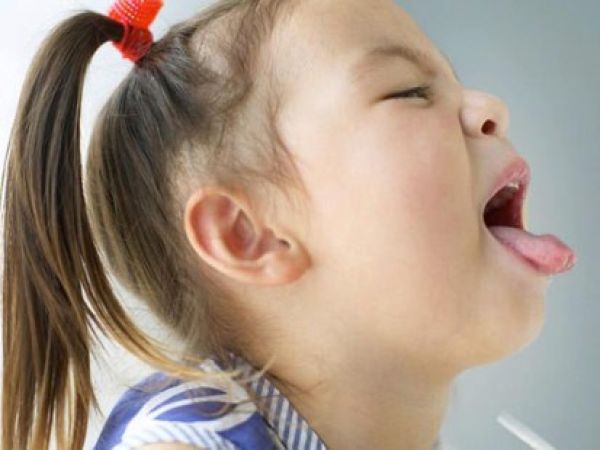Whooping cough, or pertussis, is a respiratory ailment that can affect both children and adults. Patients suffering from whooping cough develop thick mucus secretions in their windpipe, causing severe coughing. The name ‘whooping cough’ is derived from the loud ‘whooping’ sound made by the patient while breathing in, on account of the mucus buildup in the windpipe. This disease is especially dangerous for children who find it difficult to breathe and eat because of whooping cough. Although the disease is rarely fatal today, it can cause weakness and hospitalization, especially in younger patients.

Infection Risks
Whooping cough is highly contagious, passing from person to person through the air. Before the introduction of the whooping cough vaccine, it was common for an epidemic to break out every 3-5 years. Before the vaccine, 150,000 cases were reported (http://www.hpa.org.uk/webc/HPAwebFile/HPAweb_C/1317134480075) in the United Kingdom each year, accounting for almost 300 deaths. Today, reported cases are down to 800 per year with only 4 deaths each year.
Vaccination Against Whooping Cough
Vaccination is one of the best ways to prevent whooping cough occurrence. As mentioned above, vaccination has been largely responsible for bringing down reported cases from 150,000 per year to 800 per year. Whooping cough is covered under the National Immunisation Programme and the government has made vaccine shots mandatory for all pregnant women. The vaccine is offered to babies at 2, 3 and 4 months, followed by a booster shot in school, three years later.
Whooping cough mimics the symptoms of common cold in the initial stages: runny nose, sneezing, dry cough and mild fever. In later stages, it can be identified by extreme fatigue, red or blue face, and a loud whooping sound while breathing.
The Whooping cough vaccine isn’t fail proof. The level of protection falls down after a few years, exposing children to infection again, though it is rarely dangerous or fatal in grown-up children or adults.
Side Effects of Whooping Cough Vaccine
Since the government has made whooping cough vaccine mandatory for all pregnant women, it is prudent to understand some of the side-effects of this vaccine:
1. Fever – Most children report mild fever after the vaccination. This is nothing to be alarmed about, however. It is only a sign of the vaccine going to work.
2. Irritability – Children vaccinated against whooping cough are often irritable, sullen and moody for some time after the vaccine. Some children report extreme fatigue (which is a symptom of whooping cough) and crying for hours. Many children also report extreme irritation on the site of the injection, which can be treated with topical skin ointments.
3. Seizures – A rare, but alarming side-effect of whooping cough vaccines in children is sudden onset of seizures. It affects only one in 14,000 cases (www.cdc.gov/vaccines/vac-gen/side-effects.htm) but even this tiny statistic should alarm mothers. In the rarest of cases (1 in 1 million), permanent brain damage has been reported due to whooping cough vaccination.
4. Tiredness – Some children report extreme fatigue and tiredness, accompanied by fussiness. Some children also experience high fever.
The side-effects of whooping cough vaccine are all temporary and treatable. In the long run, the benefits of the vaccine far outweigh the side-effects, making it one of the most important vaccines for young children.
This article was supplied by Helen Soon, a freelance writer, to Bundles of Joy – a company which supplies quality baby gifts and other quality gifts for special occasions.

